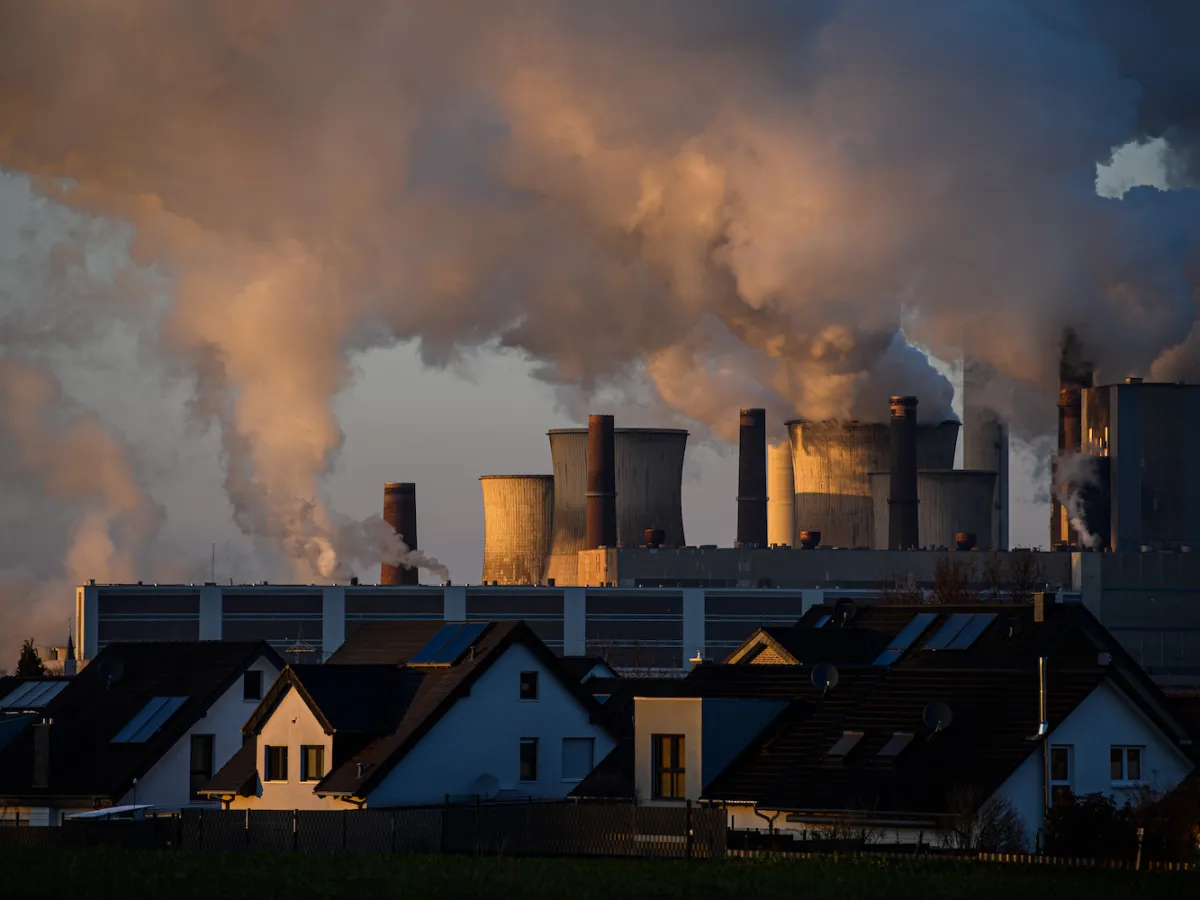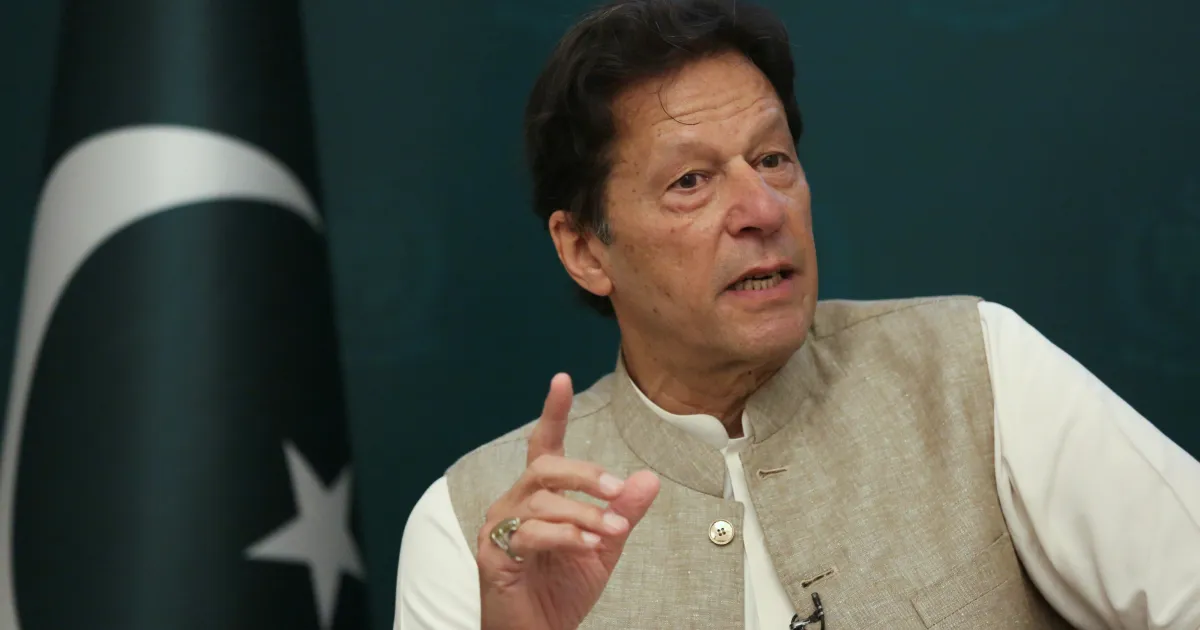In the digital age, the internet has become a double-edged sword for freedom of expression and climate communication. As we commemorate UNESCO World Press Freedom Day, it’s crucial to examine the online dangers that threaten these fundamental rights. From censorship and disinformation to cyberattacks and online harassment, navigating the digital landscape has become increasingly treacherous. This article delves into the challenges facing journalists, activists, and communicators as they strive to uphold freedom of expression and advance climate discourse in an online world.
The Rise of Online Hazards:
- With the proliferation of social media platforms and digital communication tools, the internet has become a battleground for freedom of expression.
- Online censorship and content moderation practices by tech companies have raised concerns about the suppression of dissenting voices and the stifling of free speech.
- The spread of disinformation and misinformation poses a significant threat to public discourse, undermining trust in media sources and distorting perceptions of reality.
Challenges for Climate Communication:
- Climate change is one of the defining challenges of our time, yet effective communication on this issue is often hindered by online obstacles.
- Climate denialism and misinformation campaigns funded by vested interests seek to sow doubt and confusion, hindering efforts to mobilize public support for climate action.
- Online echo chambers and filter bubbles exacerbate polarization and hinder constructive dialogue on climate-related issues, making it difficult to build consensus and drive meaningful change.
UNESCO World Press Freedom Day Event:
- The annual UNESCO World Press Freedom Day event serves as a platform for highlighting the importance of press freedom and defending the rights of journalists worldwide.
- This year’s theme, “Information as a Public Good,” underscores the vital role of free and independent media in fostering transparency, accountability, and democracy.
- The event brings together journalists, media professionals, policymakers, and civil society actors to discuss the challenges facing press freedom and explore strategies for safeguarding journalistic integrity in the digital age.
Combatting Online Threats:
- To address online hazards to freedom of expression and climate communication, concerted action is needed at multiple levels.
- Tech companies must prioritize transparency, accountability, and ethical standards in their content moderation practices to ensure that diverse voices are heard and credible information prevails.
- Governments play a crucial role in upholding press freedom and protecting journalists from harassment, intimidation, and censorship. Legislative measures should be enacted to safeguard journalistic independence and promote media pluralism.
- Civil society organizations and advocacy groups have a vital role to play in monitoring online threats, raising awareness about the importance of press freedom, and advocating for policies that support an open and inclusive digital environment.
Building Resilience:
- In the face of online dangers, resilience is key. Journalists, activists, and communicators must remain vigilant and adaptable, equipping themselves with the skills and tools needed to navigate the digital landscape safely and effectively.
- Collaborative efforts to promote media literacy and critical thinking skills are essential for empowering individuals to discern fact from fiction and resist manipulation and propaganda.
- By fostering a culture of transparency, accountability, and respect for diverse perspectives, we can create an online environment where freedom of expression thrives, and climate communication flourishes.
As we reflect on UNESCO World Press Freedom Day, let us reaffirm our commitment to defending freedom of expression and advancing climate communication in the digital age. By addressing online hazards and building resilience, we can create a more inclusive, informed, and democratic society. Together, let us strive to harness the power of the internet as a force for positive change and collective action.
The Role of Education and Empowerment:
- Education plays a pivotal role in combating online dangers and promoting freedom of expression. By integrating media literacy and digital citizenship into school curricula, we can empower young people to navigate the digital landscape responsibly and critically evaluate online information.
- Furthermore, initiatives that provide training and support to journalists and communicators on digital security, fact-checking, and ethical reporting are essential for strengthening the integrity of online discourse and countering disinformation campaigns.
Global Solidarity and Collaboration:
- Addressing online threats to freedom of expression and climate communication requires a coordinated, global response. International cooperation among governments, tech companies, civil society organizations, and media outlets is essential for developing comprehensive strategies to safeguard digital rights and promote media freedom.
- By fostering solidarity and collaboration across borders, we can confront the challenges posed by online hazards and build a more resilient and inclusive digital ecosystem that upholds the principles of democracy, transparency, and accountability.



